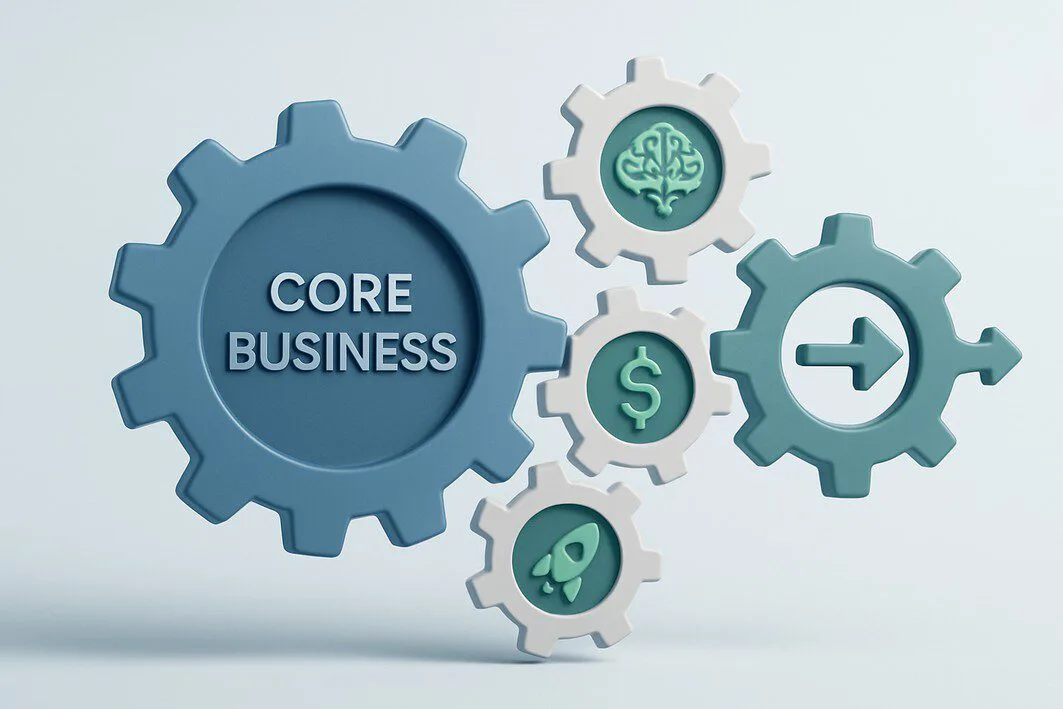The decision to outsource critical functions is a strategic crossroads for any company. When it comes to complex, technical work, the stakes are even higher. This leads many leaders to ask: is outsourcing engineering a good idea? The answer isn’t a simple yes or no. It’s a calculated decision that requires a clear-eyed view of the potential upsides and the significant downsides.
Table of Contents
This analysis dives deep into the pros and cons of engineering outsourcing. We’ll move beyond the surface-level benefits to address the expert-level concerns you need to consider. Our goal is to provide a balanced perspective, drawing on our experience in delivering specialized residential solar solutions, to help you make an informed decision with confidence.
The Advantages: What Are the Benefits of Outsourcing Engineering Services?

For many organizations, the strategic benefits of outsourcing engineering are compelling, offering a clear path to enhanced efficiency and competitive advantage.
Access to Specialized Expertise and Advanced Technology
One of the most significant benefits is gaining immediate access to a deep pool of specialized talent. Your in-house team may be brilliant, but it’s nearly impossible for them to be experts in every emerging technology or niche discipline. An outsourcing partner brings a dedicated team with specific, hard-won experience. At RenewGenius, for example, clients tap into our comprehensive solar knowledge base—a level of expertise in residential systems that would take years to build internally. This allows companies to execute projects requiring specialized skills without the long and expensive process of hiring and training.
Significant Cost Reduction and Financial Flexibility
The financial argument for outsourcing is powerful. You bypass the high costs associated with full-time employees, including salaries, benefits, insurance, recruitment fees, and office infrastructure. This converts a fixed overhead into a variable operating expense, providing immense financial flexibility. Projects can be scaled up or down based on need, not headcount. To help clients fully grasp these financial benefits, we provide tools like our ROI calculator to aid in their decision-making, ensuring the economic advantages are clear from the outset.
Increased Focus on Core Business Functions
Offloading complex engineering tasks frees up your internal leadership and key personnel to concentrate on what they do best: driving growth, innovating, and strengthening customer relationships. By entrusting engineering to a reliable partner, you reclaim valuable time and mental energy that can be reinvested into core business activities like sales, marketing, and long-term strategy.
Faster Time-to-Market and Enhanced Scalability
In today’s fast-paced market, speed is a critical advantage. An established outsourcing firm has the resources and processes to mobilize a skilled team quickly, dramatically accelerating your project timelines. Whether you need to scale up for a large-scale project or scale down during a quieter period, a third-party partner provides the agility to meet market demands without the constraints of internal resource management.
The Disadvantages: Understanding the Risks in Engineering Services Outsourcing

While the benefits are attractive, it’s crucial to acknowledge the potential pitfalls. Acknowledging and planning for the risks in engineering services outsourcing is the key to a successful partnership.
Potential for Communication Gaps and Cultural Differences
Working with an external team, especially one in a different time zone, can lead to communication challenges. Misunderstandings, delays in feedback, and differing work cultures can derail a project if not managed proactively. Vetting a partner for their communication protocols, project management methodologies, and fluency in your language is non-negotiable.
Concerns Over Quality Control and Intellectual Property (IP)
Handing over control of your project’s technical execution can be daunting. There is a risk that the final product may not meet your quality standards. Even more critical is the security of your proprietary designs, data, and trade secrets. A partnership must be built on a foundation of trust, backed by stringent quality assurance processes and ironclad Non-Disclosure Agreements (NDAs) and service contracts that clearly define IP ownership.
Hidden Costs and Lack of Transparency
The promise of cost savings can be quickly eroded by hidden fees, scope creep, and unexpected charges. Some providers are not upfront about their pricing structures, leading to budget overruns and contentious relationships. A trustworthy partner will provide clear, transparent pricing and have a well-defined process for managing changes in project scope.
Over-Reliance and Loss of Internal Knowledge
A long-term risk of heavy outsourcing is the atrophy of your company’s own engineering capabilities. If you become too dependent on an external provider, you may lose the internal knowledge base required for future innovation. It’s essential to strike a balance, using outsourcing as a strategic supplement rather than a complete replacement for in-house talent.
Making the Right Choice: Is Outsourcing Engineering a Good Idea for You?
Ultimately, the decision rests on a careful evaluation of your specific circumstances. The pros and cons of engineering outsourcing must be weighed against your project’s complexity, your budget, your long-term strategic goals, and your in-house team’s current capacity.
Outsourcing can be a powerful strategic lever if:
- Your project requires niche skills your team lacks.
- You need to accelerate your time-to-market.
- You’re seeking to convert capital expenditures into more flexible operating costs.
The key is finding a partner who not only has the technical skills but also aligns with your company’s values and mitigates the risks. Look for a partner who is a specialist, not a generalist. As a firm focused on residential solar solutions, we understand the value of deep domain expertise. When you are ready to explore your options, it’s important to understand the key considerations for choosing an engineering partner.
Conclusion: A Strategic Partnership, Not Just a Transaction
Outsourcing engineering is more than just a cost-cutting tactic; it’s a strategic decision that can redefine your company’s capabilities and market position. When approached with due diligence and a clear understanding of both the rewards and the risks, it transforms from a simple transaction into a powerful partnership. By choosing a partner who values transparency, communication, and true expertise, you can unlock immense potential for growth and innovation.

